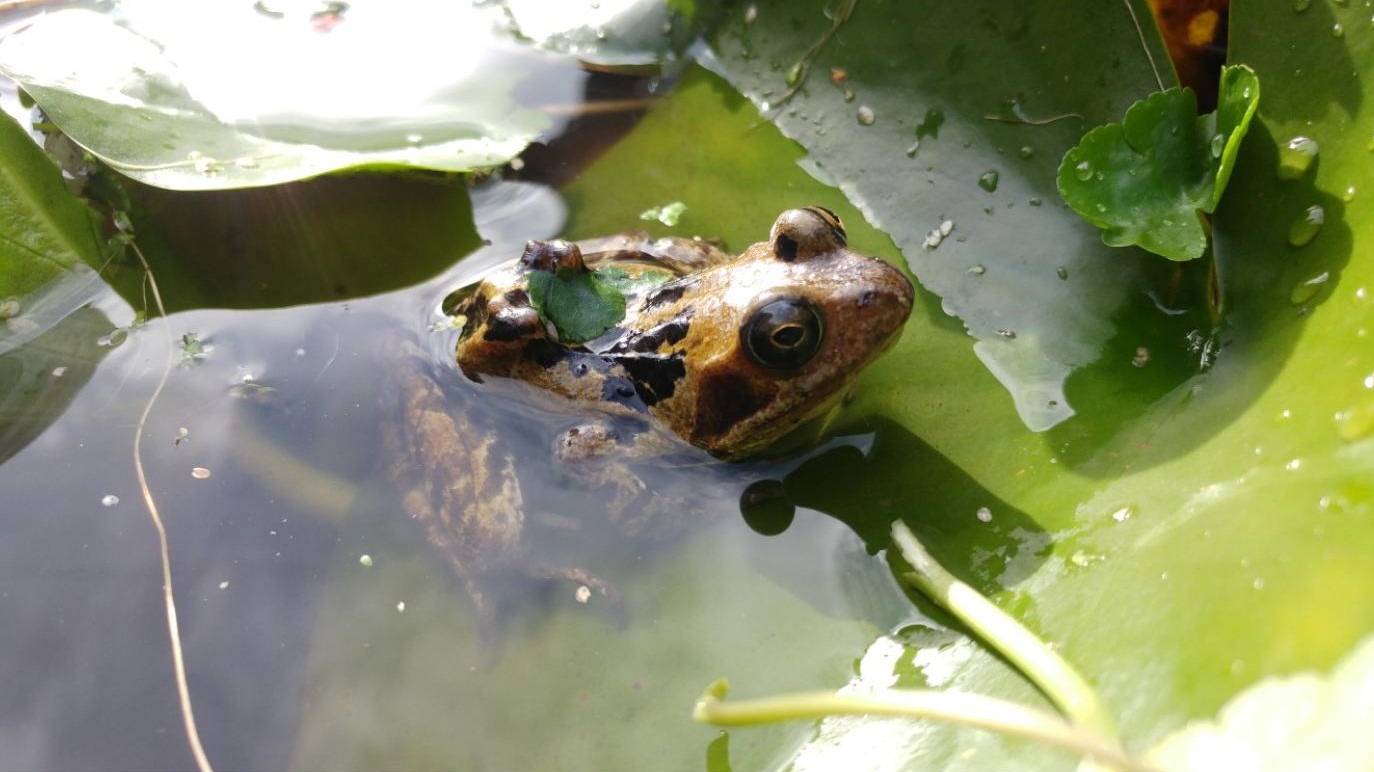KU Biodiversity Action Group found frogs with amphibian disease, thin torsos and hind legs, living in Penrhyn Road campus pond during annual pond weeding session.
Research in Nature revealed that sporadic temperatures weaken the immune system of frogs causing amphibian disease.
Sivi Sivanesan, manager of KU Biodiveristy Action group and Kingston University biodiversity and landscape manager, said:
“I think that local action groups such as ours end up dealing with the results of what is happening at the larger ecosystem level.”
Kingston University Biodiversity Action Group participates in conservation projects within the local area and Kingston University campuses.
The group goes on expeditions throughout the year that focus on climate, pollution and habitat issues.
The recorded results from these expeditions are sent to environmental organisations that use this data to update information on national ecological trends.
Froglife, the national amphibian conservation charity also monitors the health of amphibians.
Emily Millhouse, project manager at Froglife said:
“With regards to amphibian disease, potential increases in temperature could allow for more optimal conditions for disease, like Chytrid Bd to thrive.
“Frogs are key to ecosystems- as both predator and prey to many other species.”
The Kingston University Biodiversity Action Group blog provides an insight into their expeditions.
Kingston University students and staff can e-mail Sivi Sivanesan to get involved: biodiversity@kingston.ac.uk





